This collection of essays by leading scholars presents major debates on the subject of India’s engagement with the world economy, and the ways in which it was transformed and deepened during the 19 and early 20 centuries. The intense questionings that this process stimulated shaped the Indian intelligentsia’s critique of British rule. It also influenced the historiography of colonialism and India’s economic policies after independence. In this, the second volume in the debates in Indian history and society series, two contexts to this engagement are explored—India’s subordinate colonial status, and the creation and ordering of the set of markets, institutions, relations, and ideas that constituted the ‘world economy’. Contemporary and historical analyses have tended to privilege the former. But as G. Balachandran argues in his introduction, it is essential to repair the neglect of the latter context. This will allow for a better understanding of the pasts of our ‘globalized’ present, as well as of the conjoined histories of the modern British Empire and the world economy. Thus while some essays consider India’s position as a colonial economy, other essays shift the discussion towards a wider focus on the interweaving and mutually-reinforcing contexts of colonialism and contemporary ‘globalization’. Along with recounting traditional debates, this volume also offers refreshing new perspectives on an important field of historical enquiry that is of great contemporary relevance. A useful reader for undergraduate and postgraduate students, this book will also interest scholars of Indian and imperial economic history, as well as informed general readers.
Globalizing Labour: Indian Seafarers and World Shipping, c. 1870-1945
The work is a study of the ...
$44.10
$49.00

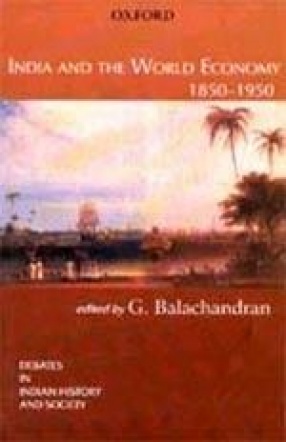
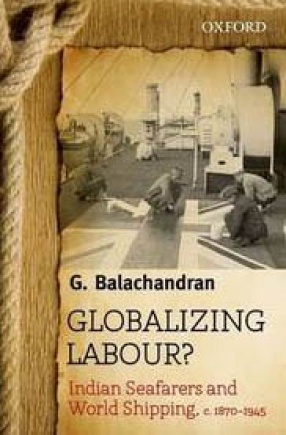
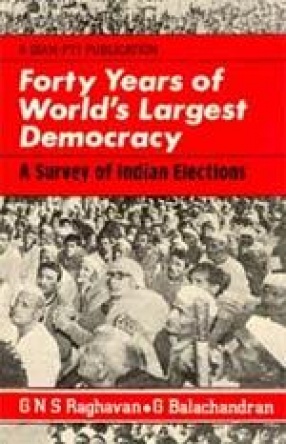

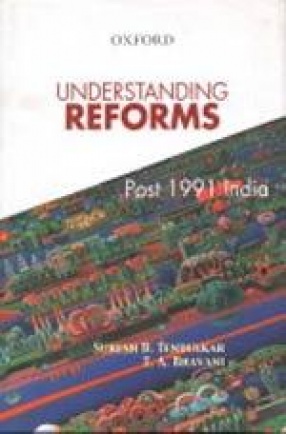
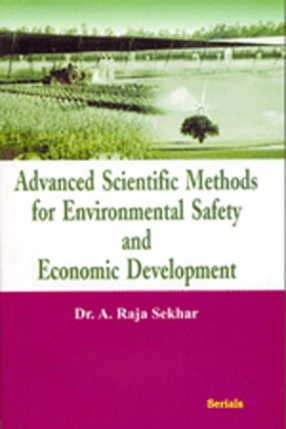
There are no reviews yet.